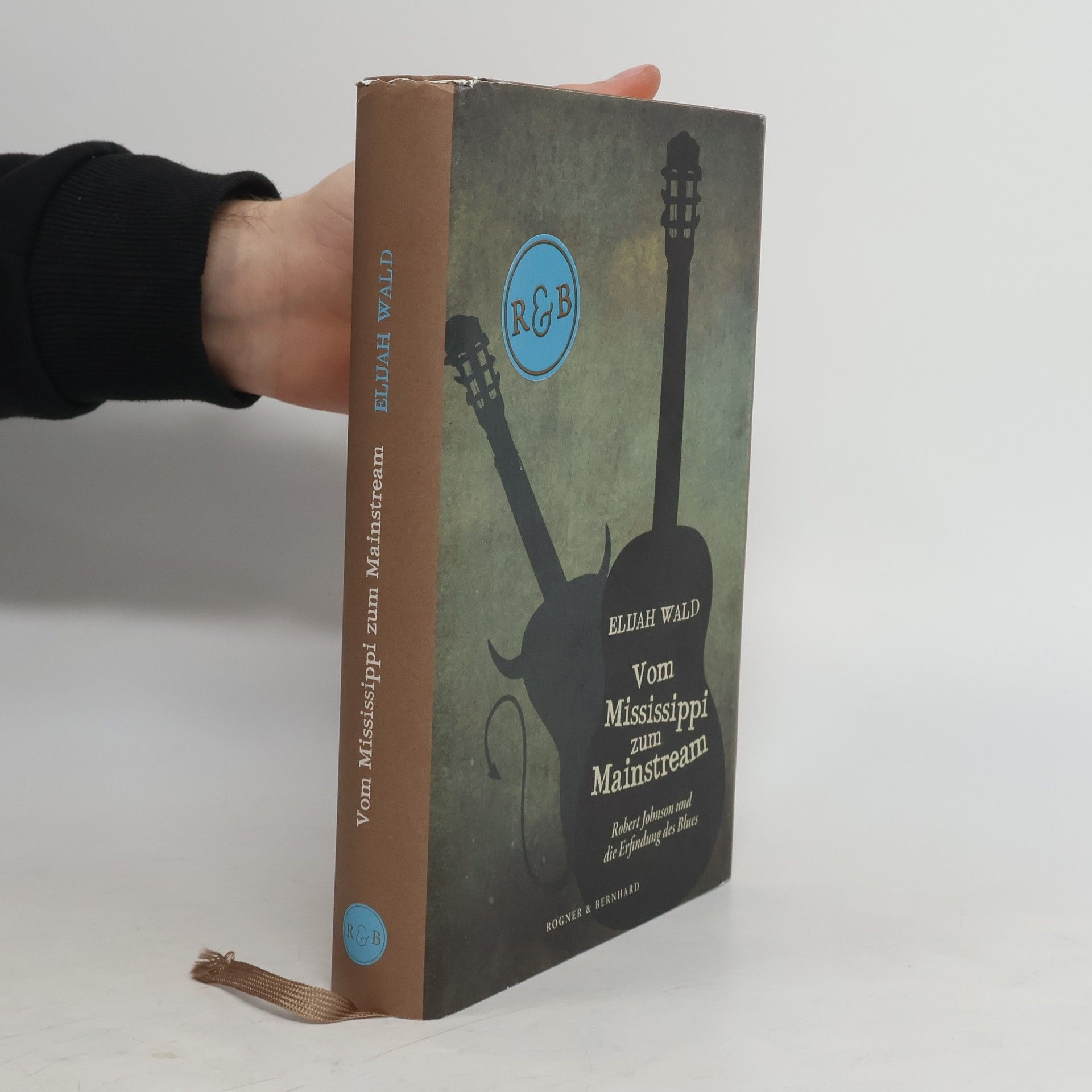How the Beatles Destroyed Rock 'n' Roll. An Alternative History of American Popular Music
- 336pagine
- 12 ore di lettura
How the Beatles Destroyed Rock 'n' Roll is an alternative history of American music that, instead of recycling the familiar cliches of jazz and rock, looks at what people were playing, hearing and dancing to over the course of the 20th century, using a wealth of original research, curious quotations, and an irreverent fascination with the oft-despised commercial mainstream.






